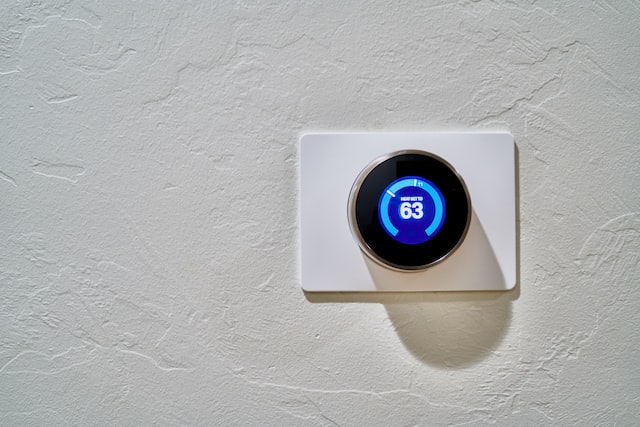A Safe and Environmental Friendly Heating Fuel

Oil is an excellent choice if you’re looking for safe and environmentally friendly heating fuel. It’s cheap, convenient, and carcinogen-free. Oil is also one of the most abundant forms of fuel, and because of the huge increase in domestic production.
Carcinogen-Free
Crude oil is a complex mixture of hydrocarbons, predominantly aliphatic and cyclic, along with small amounts of sulfur compounds and nitrogen. It also contains other substances like benzene, which is linked to leukemia and cancer when inhaled chronically.
Research has shown that certain petroleum-based products, such as kerosene, can be carcinogenic to experimental animals, particularly at high levels. The Working Group also found that certain distillates, such as fuel oil No. 2 and vacuum distillates from crude oil, can cause cancer. It also found that straight-run kerosene is possibly carcinogenic to humans.
Since crude oil is not biodegradable, the effects of exposure will be felt by future generations. Children and pregnant women are especially at risk. Even the smallest amount of crude oil exposure may be fatal. For example, oil fumes may result in chemical pneumonia, and chronic exposure can lead to irregular heartbeats and convulsions.
Affordable
If you’re concerned about the cost of heating your home this winter, consider switching to heating oil. It’s relatively cheap and available everywhere. Plus, you can store it in above or underground tanks. This makes heating fuel an excellent investment. The Energy Information Administration recently published a report on the cost of heating fuel. While the report outlines some of the benefits of heating oil, it also clarifies that it’s not right for every home.
Oil heating is more affordable than most other fuels, such as propane and electricity. It costs between 15 and 25 percent less per year than electricity and natural gas. And heating oil prices are lower than electricity, even in bigger houses. So, if you want a warm home at a low price, you’ll be glad to switch to oil heating you can even have discount heating oil Avenel NJ.
Environmentally Friendly
Heating oil is a fossil fuel used to heat homes. This fuel is usually imported from overseas. It is transported by truck or pipeline to a refinery or distribution center. From there, it is pumped into tanks for storage. About eight percent of American homes use oil as their main heat source. But, it has significant environmental downsides. For one, it has a higher carbon footprint than natural gas.
Propane is an excellent alternative to oil for heating homes. Propane has a carbon footprint of approximately 13.5 grams per million BTUs and is much less bulky than oil. Additionally, it burns more efficiently than oil, resulting in less waste and fewer emissions. It is also the warmest fuel, with 40 percent more heat per unit than comparable fuels. Recent advances in biofuel technology have improved its efficiency to 95%, which means less energy use means fewer energy bills.
Cost-Effective
Gas and heating oil are the most common forms of fuel, but they have their differences. Gas is more expensive to buy and burn, and oil costs less per gallon. Oil has higher BTUs and is more energy-efficient. Propane is slightly cheaper, but it requires more gas to heat a home the same way. To see how much each fuel type will cost you, visit the US Energy Information Administration’s Heating fuel comparison calculator. This calculator considers factors like the amount of heat in each fuel and the heating appliance’s efficiency.
The efficiency of heating fuel is affected by how it is distributed. For example, an oil furnace might have a 78% efficiency, but the distribution system could be 65% efficient. This means that a 78% efficient oil furnace could have a 50% efficiency overall in delivering heat. Another consideration is safety. Make sure you have carbon monoxide and smoke detectors installed in your home, no matter which fuel you use.



